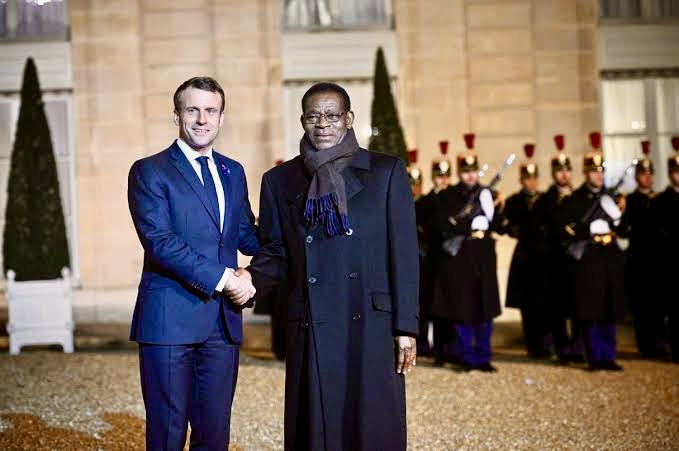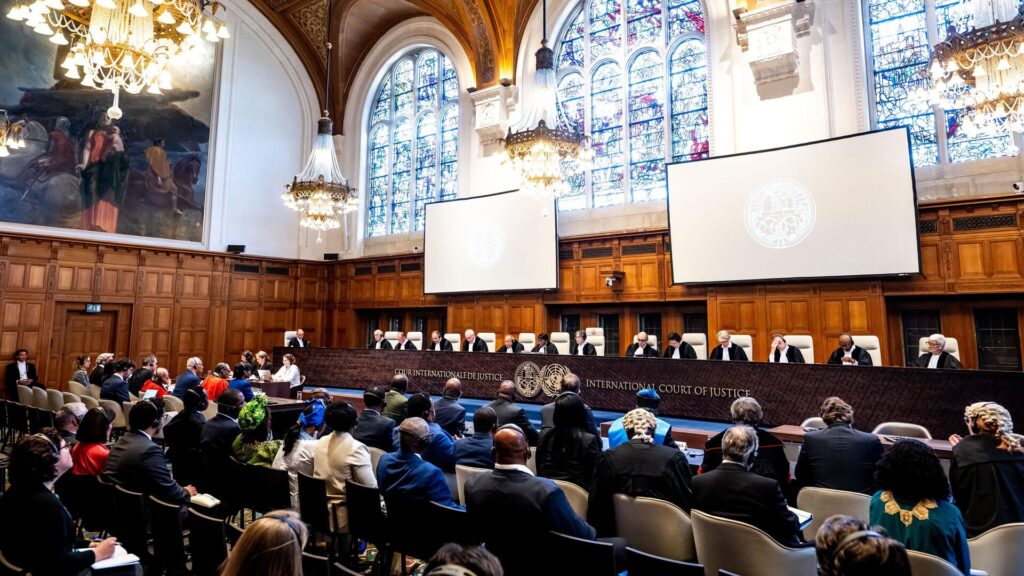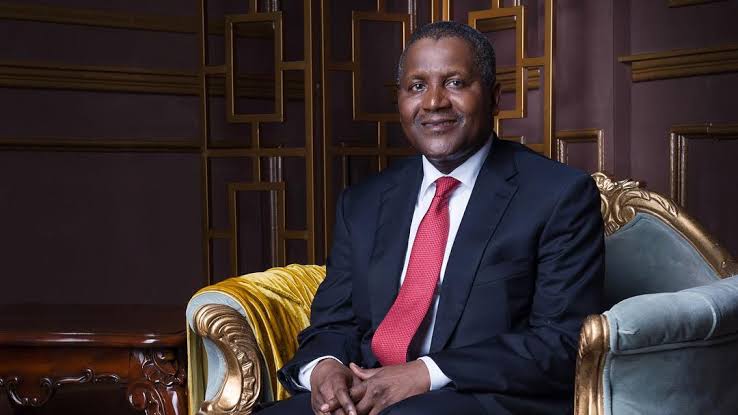
Faith Nyasuguta
Tensions between France and Equatorial Guinea have reached a boiling point as the small Central African nation accuses Paris of acting like a colonial-era overlord by seizing assets linked to alleged corruption. At the heart of the controversy is Equatorial Guinea’s Vice President, Teodoro Nguema Obiang Mangue, whose extravagant lifestyle has landed him in the crosshairs of European courts for years – and now has sparked a fresh diplomatic showdown.
Equatorial Guinea insists that France’s actions not only breach international law but also trample on its sovereignty. The country has filed an urgent petition at the International Court of Justice (ICJ), demanding that France return what it calls state property and stop what it sees as “neo-colonial interference.”
The dispute traces back to a landmark 2017 ruling by French courts, which found Obiang – the son of Africa’s longest-ruling leader – guilty of embezzling millions from public coffers to fund a life of unimaginable luxury. The French authorities confiscated a string of assets, the most famous being a lavish €100 million mansion near Paris’s Arc de Triomphe. The property reportedly boasts a private cinema, gold-tapped marble bathrooms, and a hammam – the kind of excess critics say was funded by money meant for Equatorial Guinea’s people.

But Equatorial Guinea argues the mansion was part of its diplomatic mission – a claim France’s courts rejected, ruling that the building served no diplomatic function and belonged to Obiang personally. Despite that defeat, Malabo has not backed down. Its ambassador to France, Carmelo Nvono-Nca, has slammed Paris’s actions as “paternalistic and neo-colonial.” Speaking to Radio France Internationale, he declared, “We cannot accept such disregard for our sovereignty. Africa will no longer tolerate this.”
Adding fuel to the fire, Equatorial Guinea’s fresh petition to the ICJ accuses French police of recently re-entering the disputed residence and changing its locks – a move Malabo says is a blatant violation of international norms. The country now wants “immediate, full and unrestricted access” to the site while the legal battle plays out.
Obiang’s international troubles are not new. After the French verdict, the UK piled on its own sanctions. Then- Foreign Secretary Dominic Raab accused Obiang of corrupt contracting and bribery schemes to bankroll a lifestyle far beyond what his official salary could cover.
France, for its part, insists it’s simply enforcing anti-corruption laws designed to claw back wealth stolen by corrupt elites. A French law passed recently allows proceeds from seized foreign assets to be sold and returned to the countries they came from. But Equatorial Guinea is deeply skeptical, suspecting France will dictate how the money is spent – or worse, keep a cut for itself. “It is evident that France intends to sell the property and unilaterally determine how the proceeds will be used,” Nvono-Nca said.
Diego Colas, legal adviser to France’s foreign ministry, dismissed Equatorial Guinea’s accusations as “clearly without merit.” He downplayed claims of police misconduct, saying their recent visit was merely a “fact-finding mission” to check on the building’s state. Colas also insisted that any potential sale of the mansion was “a long way off.”

For many in Africa, however, the case stirs up bitter memories of colonial exploitation and post-colonial meddling. Equatorial Guinea, one of Africa’s largest oil producers, remains one of its most unequal societies – where the vast majority live in poverty while the ruling elite live like royalty. Human rights groups argue that cases like Obiang’s show how massive sums siphoned off by corrupt leaders often end up parked in Europe’s safest and most luxurious neighborhoods.
Yet for Equatorial Guinea’s leadership, the issue is not about corruption but about respect and self-determination. Officials insist the assets should be handled by the state – not held hostage by a European power acting, in their words, like an international “guardian.”
As the ICJ prepares to hear arguments, the outcome could set a precedent for how far powerful countries can go in enforcing anti-corruption measures on foreign leaders – and how far smaller nations can push back when they feel humiliated or singled out.
In the meantime, the lavish Paris mansion sits locked behind iron gates, a symbol of the high-stakes battle over who really controls a country’s wealth – and who gets to decide how justice is served. The world’s top court now holds the answer, and its ruling will echo far beyond the marble halls and gold taps of one of Paris’s most contested addresses.
RELATED:








